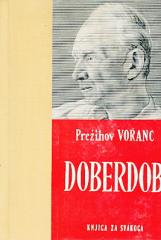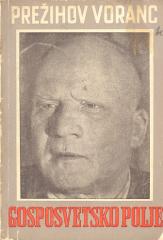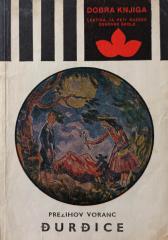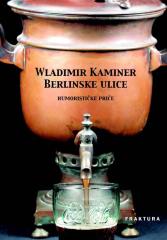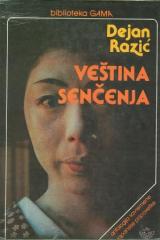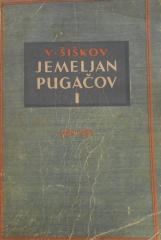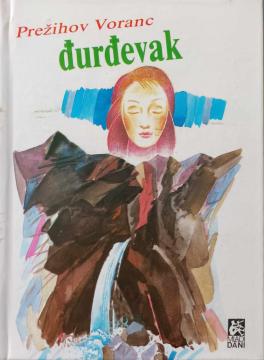
Đurđevak
Eine der berührendsten Geschichten über die Kindheit in der armen Bauernwelt von Prekomurje. Durch autobiografische Elemente schildert Voranc die Welt eines Jungen, der Angst und Liebe begegnet und dabei Armut und familiäre Bindungen betont.
Der kleine Voranc lebt in einem ärmlichen Haus mit einem strengen Vater und einer sanften Mutter. Am Ende des Feldes liegt eine dunkle Bucht namens Hölle – eine Vogelscheuche voller Dornenbüsche, Schlangen und Geister, die niemand betritt. Der Vater befiehlt dem Jungen, das Vieh dorthin zu treiben, doch Voranc, verängstigt von Geschichten über Hexen und Wölfe, traut sich nicht und lügt, er habe das Vieh verloren. Der Vater entdeckt den Betrug und bestraft ihn hart mit einem Gürtel, was ihn mit Bitterkeit und Scham zurücklässt.
Am nächsten Tag seufzt seine schwache und kranke Mutter nach den wunderschönen Maiglöckchen aus dieser Hölle – Blumen, die die Vergänglichkeit des Frühlings und der Hoffnung symbolisieren. Dem Jungen bricht das Herz: Trotz der Angst, die ihn quält, beschließt er, in die Bucht zurückzukehren. Zitternd bahnt er sich seinen Weg durch das Dornengestrüpp und kämpft mit den Geistern seiner Fantasie, doch seine Liebe zu seiner Mutter siegt. Er bringt die gepflückten Blumen nach Hause, wo ihn seine Mutter mit einem Lächeln und einem Kuss empfängt, ohne ein Wort des Lobes – nur mit einer Wärme, die Wunden heilt.
Die Geschichte zeigt, wie die Liebe einer Mutter Angst und Armut überwindet und symbolisiert das Erwachsenwerden eines Jungen unter Leid und Opfern. Voranc verwendet realistische Sprache mit Dialekt, Naturbeschreibungen und innerem Monolog und zeichnet so ein emotionales Bild des Landlebens in den 1920er Jahren. Als Teil einer Sammlung über die Kindheit erinnert sie an die Unschuld, die im Überlebenskampf verloren ging.
Es werden zwei Exemplare angeboten
